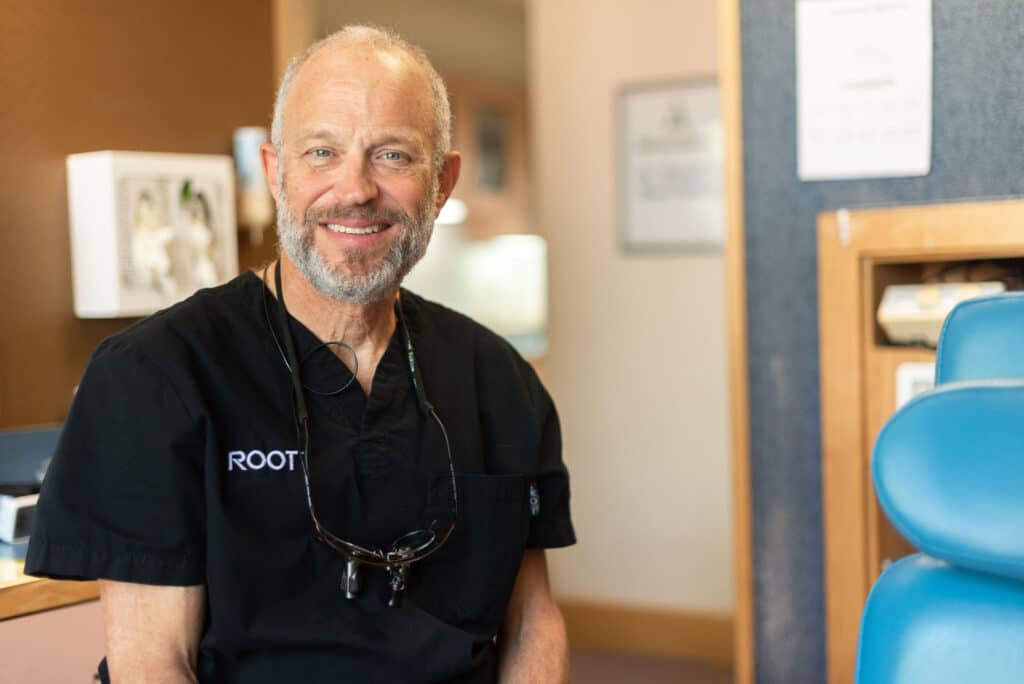Dr. Patel
Periodontist
The training that Dr. Patel has received has given him a wide range of experience in treating advanced periodontal disease, complicated extractions of teeth, placement of dental implants, bone regenerative procedures, as well as in periodontal plastic surgery/cosmetic procedures.
Dr. Pooria Fallah
Periodontist
Dr. Fallah received his DDS degree in 2009 and subsequently completed his residency program in Periodontics at New York University College of Dentistry in 2015. He became a Diplomate of the American Board of Periodontics in 2016 and has been practicing periodontics in private practice in Dallas since 2015.
Dr. Husain
Periodontist
Dr. Husain is proficient in dental surgical procedures involving bone and soft tissue grafting, dental implant placement, minimally invasive LANAP and other laser procedures, and treating chronic periodontal diseases.
Dr. Li
Periodontist
Dr. Li is a Board-Certified periodontist and a Diplomate of the American Board of Periodontology. A Diplomate is a periodontist who has made significant achievements beyond the mandatory educational requirements of the specialty, demonstrating a comprehensive mastery of all phases of periodontal disease and treatment and in the placement of dental implants.
Dr. Sheppard
Periodontist
Dr. Sheppard has been in private practice since 2004. She takes pride in providing her patients with the highest quality care using the latest technology and using a patient centered approach. In 2005, she co-founded The Northwest Society of Women Dentists, an organization for women who were often also business owners.
Gum Recession Causes
Gum recession is commonly caused by the following:
- Aggressive brushing: Brushing too hard can cause gums to become inflamed, which over time can result in gum recession
- Use of chewing tobacco: Tobacco use of any kind will have significantly detrimental effects on your oral and general health, but chewing tobacco is significantly more harmful in aggravating the lining of your mouth, which can result in gum recession.
- Improper oral hygiene: It is important to practice regular oral hygiene habits, such as brushing and flossing twice a day and scheduling regular visits with your periodontist. In addition to providing a deep cleaning, this also allows your periodontist to catch problems before they develop into something worse.
- Periodontal disease: When periodontal disease is left untreated, it advances from gingivitis to periodontitis. At this stage, gums will begin to recede. If left untreated for too long, the tooth or teeth may need to be extracted.
- Genetic Predisposition: Some patients are simply genetically predisposed to developing gum recession. If you have this predisposition, it is important to take preventative measures and schedule regular periodontal exams.
Treating Gum Recession
In order to treat gum recession, you will need to schedule an initial consultation, during which we will examine the overall health of your teeth, review your medical history, and determine what treatment options are best suited to your unique needs. If your gum recession is the result of aggressive brushing, your periodontist may simply suggest you purchase a softer toothbrush and adopt a more gentle technique. If recession is due to poor oral hygiene, a deep cleaning may be suggested to remove bacteria and debris from the gums. For patients who have advanced periodontitis, a scaling and root planing procedure may need to be performed in order to clean the teeth and address the inflammation.
Following the treatment of the underlying issue, your periodontist may recommend a gum graft procedure along with gum tissue regeneration, crown lengthening, or Chao Pinhole® Surgical Technique, all of which can restore the natural symmetry of your gums.
Aftercare Following Treatment for Gum Recession
The recovery period following treatment of gum recession will depend upon the what type of treatment you receive. More intensive surgical interventions may require that you stick to a soft food diet while your recover, as well as medication to relieve discomfort and/or antibiotics to prevent infection from developing. Regardless of which type of treatment you receive, the most important thing you can do to maximize the benefits and longevity of your treatment is to practice good oral hygiene habits, such as brushing your teeth twice daily and flossing at least once daily, ideally every time you brush your teeth. It is also important to practice proper brushing and flossing techniques. In addition to practicing consistent and proper oral selfcare, it is also important to schedule regular checkups every six months. By maintaining a consistent oral health care routine, you will significantly reduce your risk for developing additional periodontal issues and will continue enjoying a bright and healthy smile.
Gum Recession Cost
There are a range of factors that can impact the final cost of treating gum recession, such as the severity of your case, any associated procedures that will need to be performed prior to or along with this treatment, as well as your insurance plan. Our team is committed to helping you complete necessary paperwork, schedule appointments, and answer any questions you have concerning billing. For patients who have insurance plans, we do request you submit medical/dental insurance information with your New Patient Paperwork to expedite this process.
Please note: to reduce costs to our patients while still ensuring that we can provide the highest level of care, we have the following financial polices:
- We accept Discover, Visa, MasterCard, and American Express
- Full payment is due after services rendered
- Payment plan options are available via www.CareCredit.com
PERIODONTAL SERVICES
To determine if you have gum disease, your periodontist will measure the space between your teeth and gums. Patients who have pockets that are deeper than the average depth of three millimeters or less will be considered candidates for treating gum disease. Depending upon how severe your case is, your periodontist will suggest a follow up appointment, during which several different treatment options may be recommended.

Schedule Your Visit Today
At ROOT™ Periodontal and Implant Center, we take your health, confidence, and teeth seriously. Scheduling regular visits to maintain your teeth and gums will actively improve your overall health, and maintaining a bright and strong healthy smile will do wonders for your self-confidence. In addition to recognizing the importance of your oral health, we also understand the importance of your time, which is why we are committed to making every visit to our clinic as efficient as possible.
If you would like to learn more about gum grafting and/or see if gum grafting is right for you, schedule an appointment or consultation today with our friendly, helpful staff, who can be reached at the following locations: Carrollton: (972) 242-7603; Flower Mound: (972) 434-8050; Denton: (940) 566-7021, or Frisco: (972) 242-7603.
We look forward to serving you and your smile and having you on your way as soon as possible!




